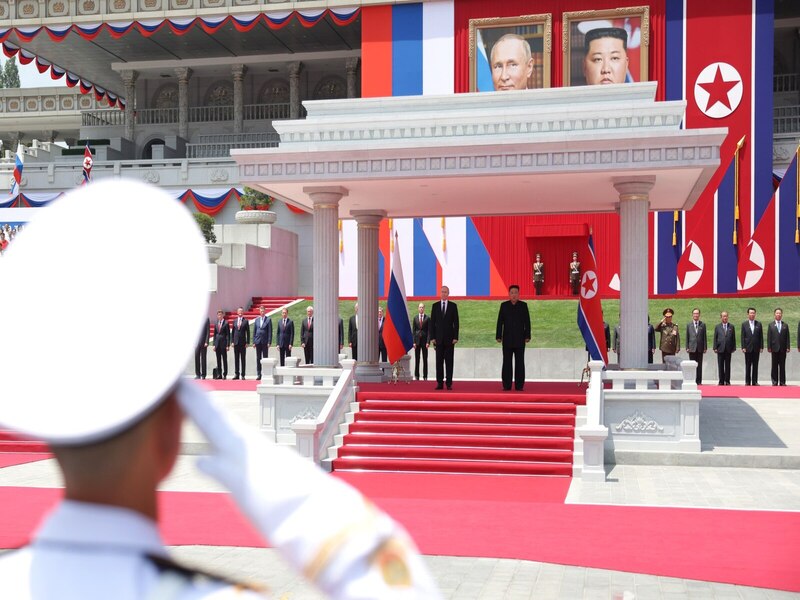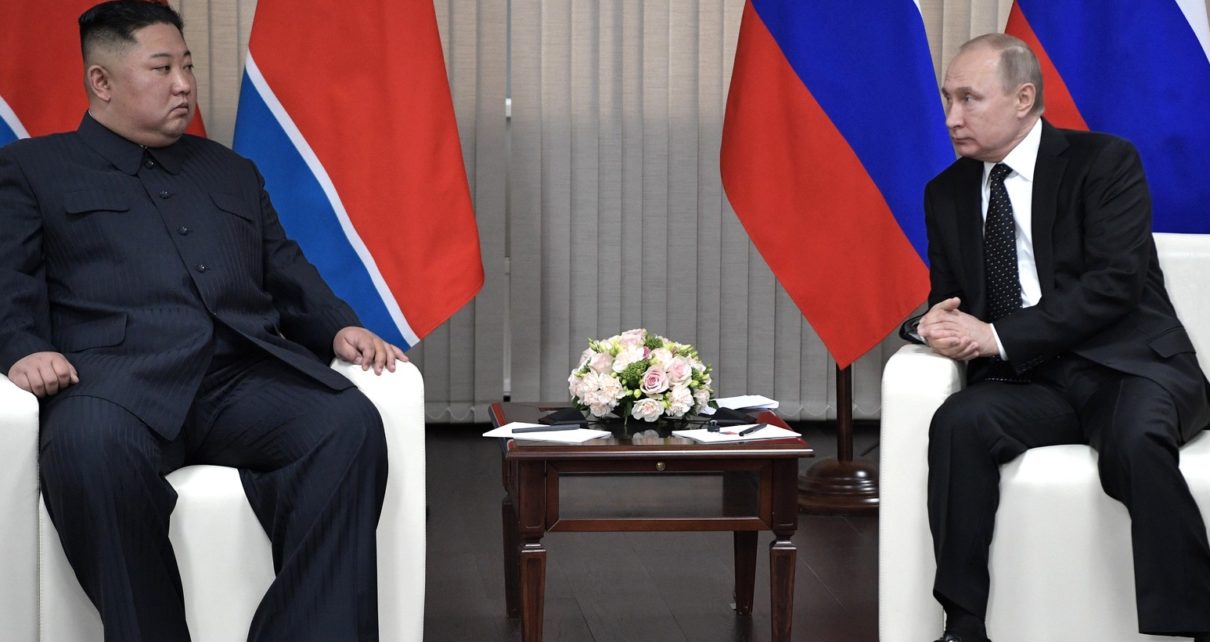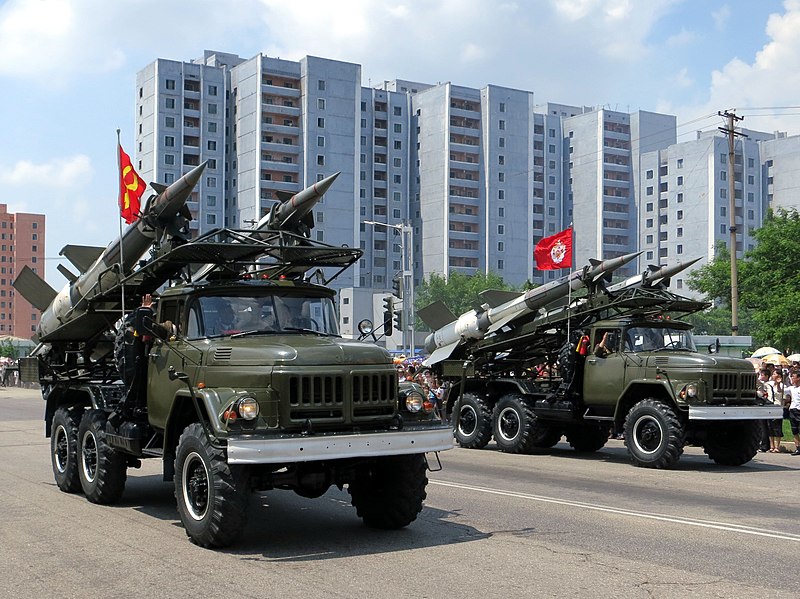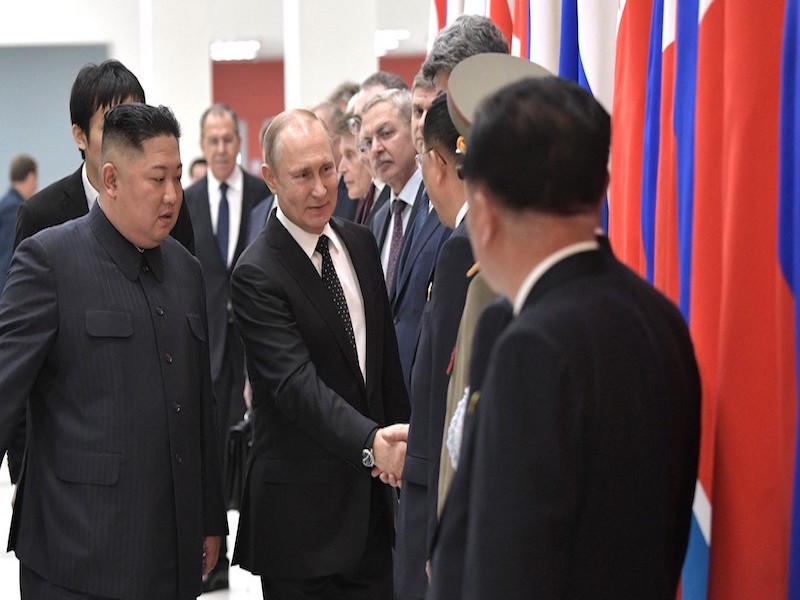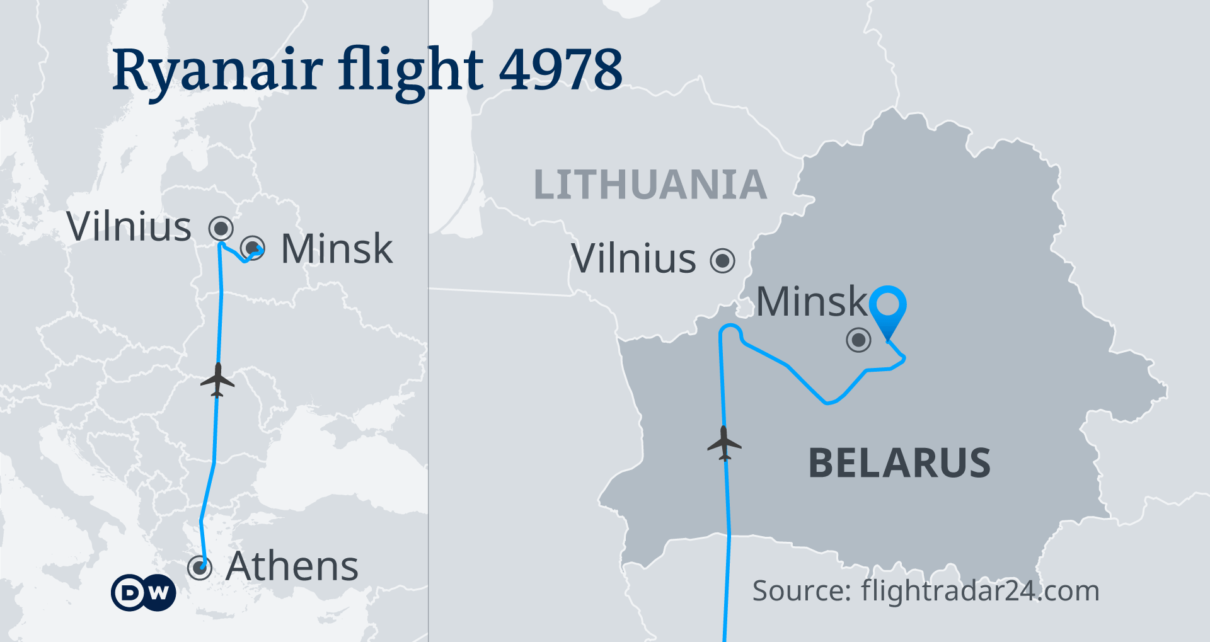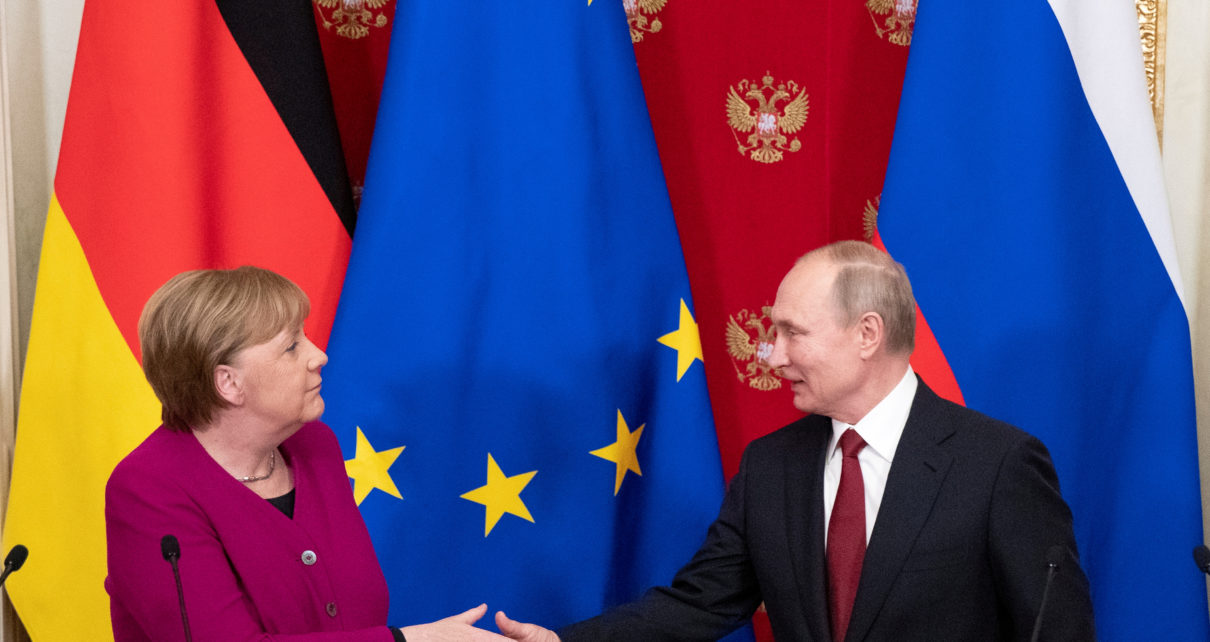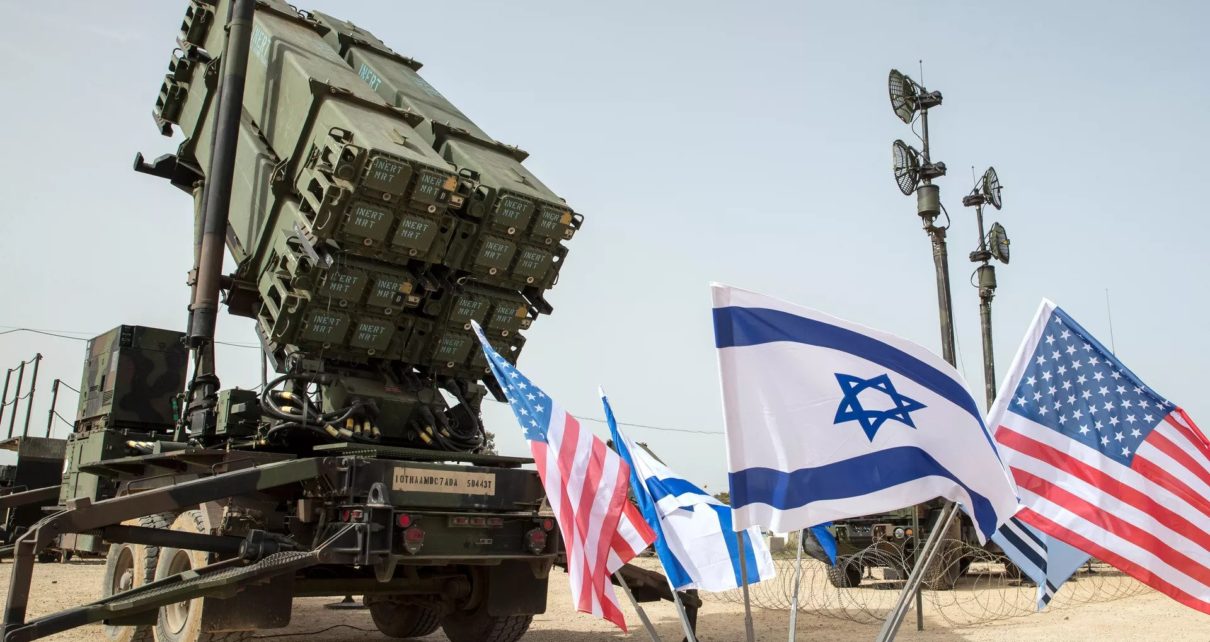As Russia and North Korea deepen their military alliance, the threat spans from Kyiv to the Korean Peninsula. To meet this global challenge, NATO and South Korea must strengthen defence ties and industrial cooperation.
Tag: North Korea
From Aid to Boots on the Ground: The Russian-North Korean Axis in the Ukraine Conflict
Since Russia’s invasion of Ukraine on February 24, 2022, the two countries have been embroiled in Europe’s largest conventional conflict since World War II, suffering thousands of civilian and military casualties. Since the war began, Ukraine has received substantial aid from NATO and EU members, with EU commitments exceeding $126 billion as of April 30, Read More…
Drones of Influence: Information Warfare & Border Security on the Korean Peninsula
On October 11, 2024, North Korea accused South Korea of flying drones into its capital, claiming that the drones were used to spread South Korean propaganda across Pyongyang. On October 19, the KCNA state agency reported, “In light of the drone’s shape, the presumptive period of flight, the leaflet-scattering box fixed to the underpart of Read More…
Rogue Allies: A Partnership of Desperation, Russia and North Korea
As Russia experiences growing isolation since its invasion of Ukraine, Moscow has sought to deepen its relationship with the Democratic People’s Republic of Korea (DPRK). This relationship, which had previously collapsed with the Soviet Union’s dissolution in 1991, has witnessed a prominent resurgence. The new relationship is marked by secrecy and mutual assistance aimed at Read More…
Special Report: Should South Korea Get Nukes? The Rise of Nuclear Popularity and the Quest for Strategic Stability on the Korean Peninsula
Abstract: Given North Korea’s recent advancement in its nuclear weapons development program, should South Korea finally acquire the nuclear bomb? In this article, Program Editor Mark Davis Madarang Pablo analyzes the prospects of Seoul becoming a nuclear-armed state and provides policy options for the United States and the broader NATO Plus Alliance to assist in Read More…
North Korean Arms Sales to Russia – We Should Pay Attention
The United States National Security Council has revealed that North Korea is secretly supplying Russia with arms. Scott Burns discusses why this is important and how NATO should respond.
Deception, Deceit, and the Dictator’s Dilemma: Russia, Iraq, and Authoritarian Propaganda
Why is the propaganda of authoritarian regimes often so blatantly false? In this article, Jack Burnham discusses Russia’s disinformation campaign surrounding the emerging global food crisis across the Middle East and Africa, Saddam Hussein’s influence operations, and the politics of dictatorship.
Are sanctions an effective means of curbing illegal behaviour by ‘rogue state’?
This week, we challenged the NATO Association of Canada’s Editors for their take on a thorny and challenging topic, namely: Are sanctions an effective means of curbing illegal behaviour by ‘rogue state’? Ditch the Logic Arjun Singh At its root, the question is empirical. Sanctions are effective only if, in cases where used, a desired Read More…
Deutschland’s Dissonance: Nordstream, Nazism and NATO’s Peril
Despite NATO’s objections, as Germany persists in cooperation with Russia, Arjun Singh deconstructs the German strategic calculus on Nord Stream 2 and impact of Holocaust history.
The Big Lie: A ‘Military-Industrial’ Complex
Rejecting popular theories, Arjun Singh refutes the existence of a ‘military-industrial complex’ in the United States.

